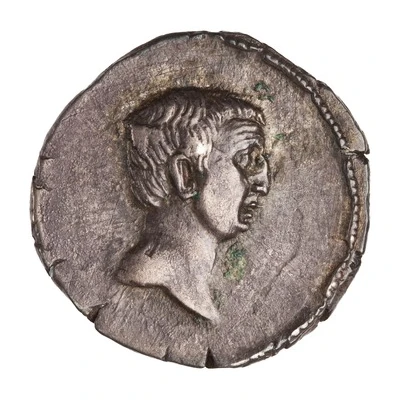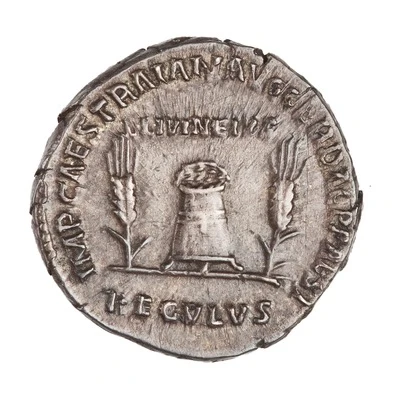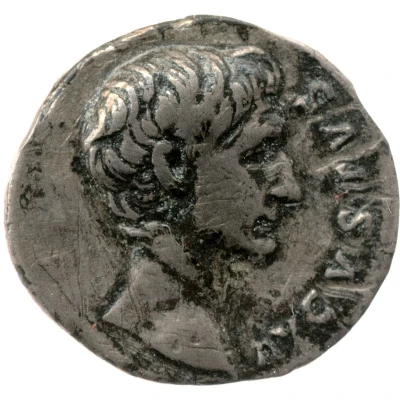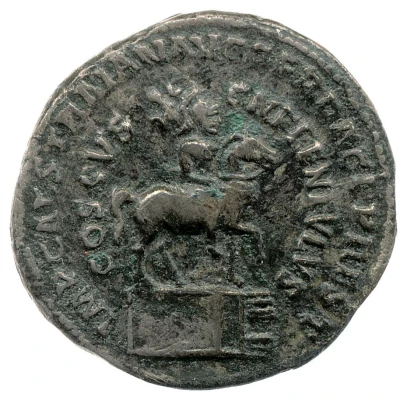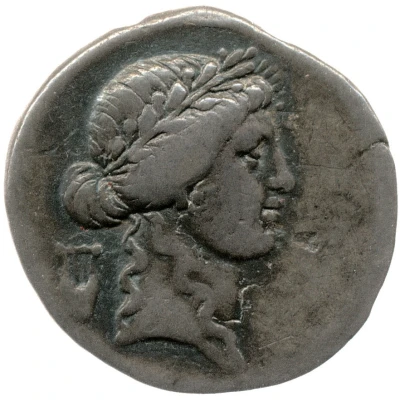
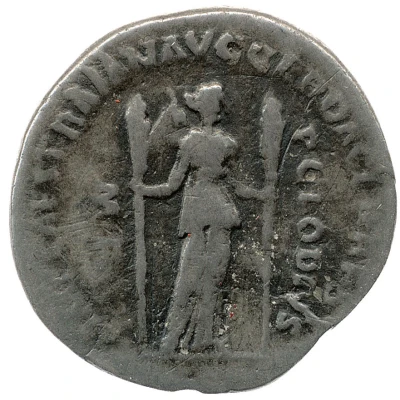

© Trustees of the British Museum
Denarius IMP CAES TRAIAN AVG GER DAC P P REST P CLODIVS M F; Apollo and Diana Lucifera
| Silver | 3 g | - |
| Issuer | Rome › Roman Empire (27 BC - 395 AD) |
|---|---|
| Emperor | Trajan (Marcus Ulpius Traianus) (98-117) |
| Type | Standard circulation coin |
| Years | 98-117 |
| Value | 1 Denarius |
| Currency | Denarius, Reform of Augustus (27 BC – AD 215) |
| Composition | Silver |
| Weight | 3 g |
| Shape | Round (irregular) |
| Technique | Hammered |
| Demonetized | Yes |
| Updated | 2024-10-05 |
| Numista | N#253799 |
|---|---|
| Rarity index | 100% |
Reverse
Diana Lucifera standing, holding two torches, one in each hand.
Script: Latin
Lettering: IMP CAES TRAIAN AVG GER DAC P P REST P CLODIVS M F
Translation:
Imperator Caesar Traianus Augustus Germanicus Dacicus, Pater Patriae, Restituit, Publius Clodius Marci Filius.
Supreme commander (Imperator), Caesar, Trajan, emperor (Augustus), conqueror of the Germans, conqueror of the Dacians, father of the nation, has restored [this coin of], Publius Clodius, son of Marcus.
Comment
Source: Online Coins of the Roman Empire (OCRE)Interesting fact
The Denarius coin features an image of Apollo and Diana Lucifera on its reverse side. The image of Apollo is significant because it represents the Roman god of the sun, music, poetry, and prophecy. The inclusion of Apollo on the coin may have been a way to promote the idea of Roman cultural and religious values, as well as to emphasize the connection between the Roman Empire and the gods. Additionally, the image of Diana Lucifera, who was a goddess of the hunt and the moon, may have been included to represent the idea of Roman power and influence extending beyond the realm of the sun and into the night. Overall, the imagery on this coin reflects the cultural and religious values of the Roman Empire during the time of its minting.
